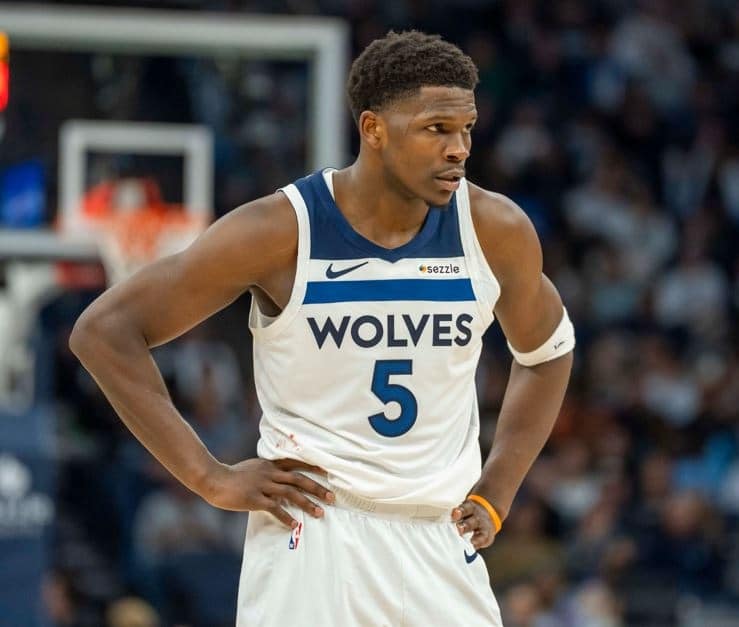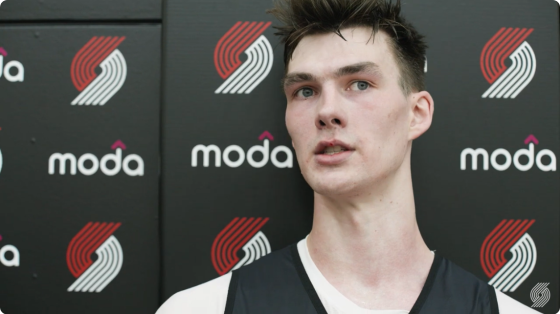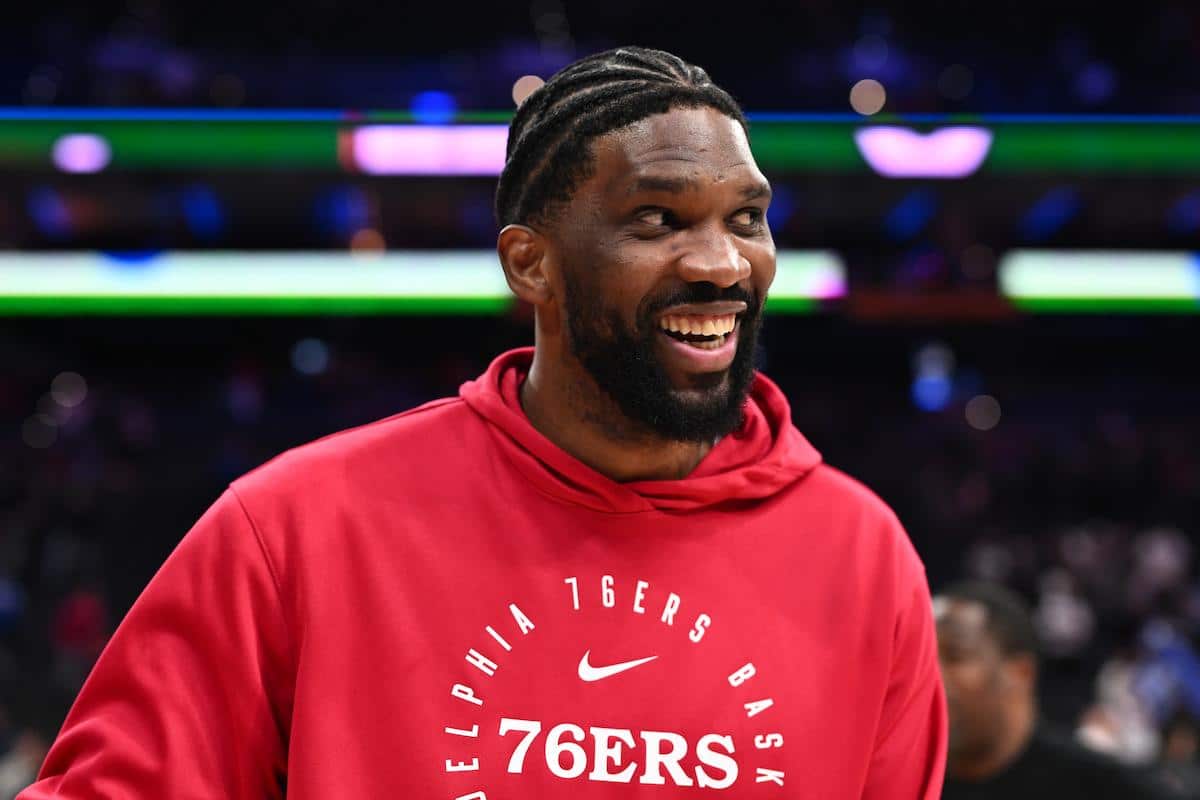The ibuprofen has been popped, the Gatorade chugged, and the alarm turned off. The championship hangover is well on its way out. While all Celtics fans, including me, will be basking in this win for years, the NBA turns the page quick and we’ve got an offseason to prepare for.
As I’ve detailed in the past, the new CBA has substantial limits on high spending NBA teams. The Celtics are very much one of those teams. I put together a cheat sheet of the new rules, which you can see here:
Been digging into the new CBA. I went through the “Transaction Restriction Table” for apron teams to get a better understanding of the limitations from the source. Figured I’d share my cheat sheet. pic.twitter.com/Jy7TLOvLTY
— Wayne Spooney (@WSpooney) June 22, 2024
It’s a lot. I will only bring them up if they are relevant to each particular section, but there will be a quiz at the end, so please take notes. Ok, now that we’ve got that covered, let’s jump into the fun.
Re-signing our players
The Celtics have a few players that are unrestricted free agents (“UFA”), which means any team could offer them a contract in free agency and they could take it. There’s no functional control for the current team, unlike restricted free agency (“RFA”) where the current team has matching rights. Essentially, these guys are much more likely to leave than an RFA.
Before we dive into the players, let’s talk about Bird Rights really quickly. There are two types, Early Bird and Full Bird. As a Celtics fan, you will be happy to know that we always want to go Full Bird because that means we can offer that free agent as much money as we want, up to the max contract amount, regardless of our salary cap situation. In other words, the cap doesn’t limit your ability to bring your own players back, even if you are 10s of millions over it, which the Celtics are. A player has Full Bird Rights if he’s been on the same contract for 3 or more years or with the same team for 3 years consecutively, and Early Bird if he’s been on that contract for 2. Importantly, Bird Rights transfer with trades.
So, if we wanted to offer a UFA with Full Bird Rights three years for $70 million, we could. This would have severe implications on Wyc Grousbeck and Co.’s checkbook in the form of absurd luxury tax payments, but it is possible. Early Bird Rights allow you to try to retain your pending free agents in a similar manner, but you are limited to offering 175% of the player’s previous contract or 105% of the league average salary. But you can ignore this because we don’t have anyone with Early Bird Rights this offseason.
Ok, let’s jump to our RFAs because they are easy (most of the cap information is coming from Spotrac.com, which is an incredible source). Both Drew Peterson and JD Davison are RFAs this offseason. We have to offer them the “Qualifying Offer” prior to 6/29 if we want to retain our restricted rights. I’m not sure what the Cs will do with either of these guys and they are pretty unimportant. I expect we will work something out with both, and they’ll be back on minimums. But also, maybe not.
The UFAs are far more interesting. We have three this offseason, and Oshae Brissett could become one if he declines his player option for next year (I expect he will pick it up though). Most importantly is Xavier Tillman Sr., who we acquired via trade at the deadline. Importantly, X-Man’s Full Bird Rights transferred in that trade, so we can offer him just about any contract we want. I’m not sure what X’s market value is, but I could see him getting at least taxpayer MLE offers, which would be about $5.2m annually. I expect the Cs to beat that and retain X somewhere in the $7-$9m annual value range. However, there exists a possibility of him getting a crazy offer in free agency, one that we wouldn’t be willing to beat, and there’s not much we can do about it.
Photo by Brian Babineau/NBAE via Getty Images
Next, we’ve got Luke Kornet. Similar to X, we have Luke’s Bird Rights because he’s been with us for three seasons straight now (they don’t have to be full seasons). As with X, Luke will likely see taxpayer MLE offers, and I’m not sure what the Cs do with him. They might pick one of Luke or X, or Luke may have a more tepid market than I’m anticipating. Either way, we can offer him whatever we want, it’s just a matter of how deep into the luxury tax ownership is willing to go to retain his services. He also may want to sign for less elsewhere for a bigger role, it’s very difficult to predict what happens with Kornet, but I hope he’s around next year.
Finally, we’ve got Svi Mykhailiuk. We don’t have any Bird Rights for Svi, which means we are limited to offering him a veteran minimum contract. I don’t think he’s done enough to earn anything more than that in the open market, but he was strongly considering a move to Europe last offseason. I expect he will either re-up with the Cs at the minimum or head over to Europe.
Now, on to the most important stuff.
Extension season
There are some very, very important players that are up for an extension. A player is extension eligible if they have one year left on their current contract. We have three players eligible for extensions this offseason: Jayson Tatum, Derrick White, and Sam Hauser. I will take them up in order of how complicated they are.
Generally, you can offer an extension that is 140% of the player’s previous salary. That is, unless they qualify for the super-max extension, which is what happened with Jaylen Brown last offseason. This probably isn’t surprising, but Jayson Tatum qualifies for the super-max extension. We will offer it; he will sign it. Pleasure doing business, Jayson.
Derrick White is a bit more complicated. He had a wonderful season, but his market value is difficult to gauge. Because he does not qualify for the super-max, the most the Celtics can offer White is 140% of the last year of his current contract. That number is then the salary for the first extension year, and he will get raises off of that number. In other words, the most we can offer Derrick White is about $32 million average annual value (“AAV”), which is a lot. That said, the max contract value for someone with Derrick’s years of service in 24-25 would be about $42.3 million.
Does Derrick want to test the waters for one more year on the Cs and drive up his value? Would any other team even offer him that much money? Push comes to shove, even if Derrick doesn’t extend, the Celtics would still have an opportunity to retain him next offseason because they’ve got his Bird Rights, so don’t fret too much if he doesn’t sign the extension. If I had to guess though, I’d say Derrick will sign a 4-year extension at $32 million AAV mentioned above.
Finally, we’ve got Sam Hauser. Like Derrick, we can only offer Sam 140% of his final year’s salary. Unlike Derrick, that is well below Hauser’s market value. That would be about $3.5 million AAV. There is zero chance Hauser extends this offseason. All is not lost though. We will have his Bird Rights next offseason, and could offer him considerably more then. Things will be getting very dicey with the luxury tax and repeater tax at that point, so it’s not a no brainer. Worst case, we’ve got one more year of Sammy in Boston.
Free agency
This will be a very brief section. Because the Celtics are above the second tax apron, every limitation in the CBA applies. Many of those are trade-related, but it also means we don’t have access to any of the free agency exceptions either. In other words, the only mechanism we have for signing other teams’ free agents is minimum contracts.
:no_upscale()/cdn.vox-cdn.com/uploads/chorus_asset/file/25502024/usa_today_11503145.jpg)
Rick Osentoski-USA TODAY Sports
A nice benefit of winning a ring is that you immediately become the top destination for many ring chasing veterans, who are often willing to sign below market minimums to, well, chase a ring. There are some interesting names out there like Robert Covington, Andre Drummond, and Wes Matthews who might be convinced to join the team. I expect at the Cs to lure at least one vet who can be a contributor on a minimum this offseason.
What about trades?
I’m going into this section with the assumption you have some understanding of the NBA’s trade rules. If you need a refresher, I detailed them here.
There are two significant changes, however. At that time, the Celtics could have taken back 110% of outgoing salary (so if they trade a player making $1.0 million, they could take back someone making $1.1 million). Now, the Celtics cannot take back any more salary than they send out. We either have to send more salary out than we are getting back, or it needs to match exactly. This means we cannot trade with any team above the 1st tax apron, which is a lot of teams, because they are also prohibited from receiving more salary than they send out. Quite a pickle.
Second, and this is a big one, the Celtics can no longer aggregate two players together to match incoming salary. This was absurdly common in NBA trades under previous CBAs and is an unprecedented change. No longer can the Cs pair two players making $1 million each and get back a player making $2 million. This, combined with the prohibition above really undermine the Celtics’ ability to make trade. The new CBA also extends this prohibition to TPEs that were created by sending out more than one contract at the time of creation.
If we are going to make a trade, I anticipate it will be to team that has cap space, so think San Antonio, Detroit, and Utah. They can easily absorb additional salary that gets sent out, which makes it functionally much simpler. With that said, the Cs don’t have a whole lot of tradeable salary. Most of the guys making enough money to match in a trade are guys you have no interest in trading.
There are only two players you’d consider moving that make more than a couple of million, one of which is Payton Pritchard, and I don’t see a viable upgrade who makes similar money to him. The other is Jaden Springer. If we do make a trade that doesn’t involve Brad Steven’s moving down in the draft for future picks (which will almost certainly happen due to the nature of 2nd round contracts versus 1st), it will probably be something very small and it will almost certainly involve Jaden Springer. His $4 million contract might be able to find you a decent wing or a depth big if one of Kornet or Tillman leave in free agency.
Long story short, there are a ton of limits on the Celtics’ ability to make a trade. Other than a potential Springer move, it should be very quiet on the Celtics trade front this offseason.
To sum all of this up, I think we can evaluate the Cs’ offseason priorities in the following manner:
- Extend Tatum and White
- Hire someone to mind control Sam Hauser into signing a below market extension
- Re-sign Kornet and/or Tillman
- Find a ring chasing vet on a minimum
- Fill out the roster with Svi or other similar level free agents on minimums/trade for someone with Springer’s contract
- Decide what to do with Peterson and Davison






